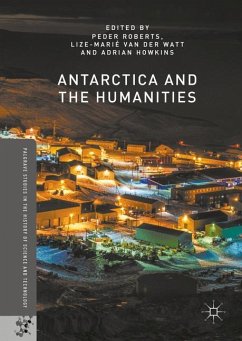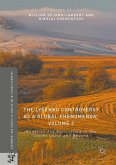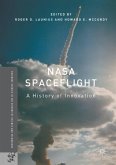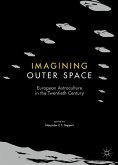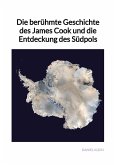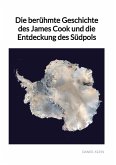The continent for science is also a continent for the humanities. Despite having no indigenous human population, Antarctica has been imagined in powerful, innovative, and sometimes disturbing ways that reflect politics and culture much further north. Antarctica has become an important source of data for natural scientists working to understand global climate change. As this book shows, the tools of literary studies, history, archaeology, and more, can likewise produce important insights into the nature of the modern world and humanity more broadly.
"The 13 contributing authors provide not only an impressive overview of humanities and social science approaches toward the study of Antarctica, but also clearly demonstrate that Antarctic research is relevant to more than the natural sciences. ... Antarctica and the Humanities is recommended for any historian interested in Antarctica, but it would also appeal to a maritime historian interested in more than just ships and maritime technology or trade." (Ingo Heidbrink, The Northern Mariner, Vol. 27 (1), 2017)
"Congratulations to Peder Roberts and his team for developing the concept of representing the humanities in Antarctica with a collection of essays ... . This hardcover first edition of Antarctica and the humanities is beautifully presented, with endnotes following each chapter, with maps and illustrations, and an index for the diverse subject matter. It has been deservedly well-received. It is a book which invites further discussion. It is, and will continue to be, a valuable reference." (Anna Lucas, Polar Record, 2017)
"Congratulations to Peder Roberts and his team for developing the concept of representing the humanities in Antarctica with a collection of essays ... . This hardcover first edition of Antarctica and the humanities is beautifully presented, with endnotes following each chapter, with maps and illustrations, and an index for the diverse subject matter. It has been deservedly well-received. It is a book which invites further discussion. It is, and will continue to be, a valuable reference." (Anna Lucas, Polar Record, 2017)

